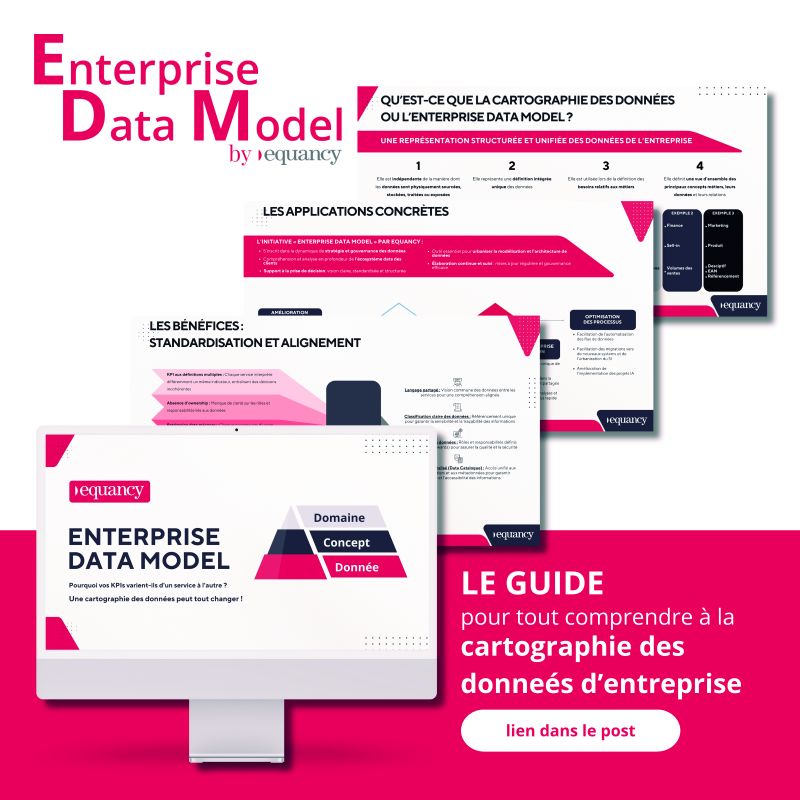Economic, social and environmental transition: insurers stand at the vanguard of change
Current events are a constant reminder of the extent to which insurance companies are at the heart of a major transition. This transition is responding to three main challenges: new consumers, the exponential impact of data and technology, and of course the climate issue.
Ageing, new working habits, new mobility... insurers need to adapt their offerings
The profound change in French demographics, with an inexorable ageing of the population (remember that the proportion of people aged over 75 is expected to increase by 44% between now and 2035), will intensify the need for support linked to old age and dependency. As the public sector alone cannot cover these needs (it is estimated that 39% of the funding will have to be provided in addition to state aid), private-sector players, primarily insurers, have a major role to play. Another area where support is needed is chronic and mental illness, which has been rising steadily in recent years: for example, the explosion in cases of depression (+30%) since the Covid crisis.
Many insurers are already responding to these needs with service platforms offering comprehensive health and prevention packages, such as AXA and Malakoff Humanis. These societal changes are also leading insurers to reinvent their business models.
The challenge is to deploy complementary services in home help, home automation, remote assistance and even residential accommodation. These are areas in which specialist players are already active, and alliances are likely to be forged with them. These potential partners may come from the residential sector (Korian or LNA Santé with 'EHPAD hors les murs' type offerings), but also from the tech sector (services such as those offered by Vitalbase or Ma Boussole, which make life easier for carers by providing information or prevention).
As a counterpoint to this support insurance, there is a growing need for flexibility, which is being felt through the spectacular growth in new forms of work. With modular policies, often taken out via partner platforms (Wemind, Indeez, Heyme, etc.), and digital self-service, insurance offers for freelancers and the self-employed are resolutely different. As a corollary to this movement, the liberalisation of mobility in city centres and the rise of the 'functionality' economy (as opposed to possession) are redefining the contours of property and casualty insurance, requiring new approaches from players. An emblematic example is Zego's 'pay-as-you-drive' approach (where the premium is calculated according to the distance travelled), made possible by connected objects, customer behaviour tracking and data. We should also mention the first steps in multi-modal insurance with Vaudoise Group's Whim in Swiss city centres, which insures users' journeys regardless of their means of transport.
Data and new technologies to improve productivity and the customer experience
Let's move on to the impact of data and new technologies. In recent months, the extraordinary boom in so-called 'generative' artificial intelligence has taken the business world by surprise, and opened the door to new ways of working for insurers. Automated contract drafting, near real-time claims management, fraud detection - it is the very profession of the insurer, and in particular of the agent, that is set to evolve, allowing them to concentrate on the human dimension of their business. It also means the emergence of new forms of insurance, such as parametric insurance, making advanced use of data and innovative technological capabilities. The impact on marketing is also palpable: instant generation of marketing strategies (e.g. SEO), automatic generation of customer communications, web recommendation engines - artificial intelligence is making its mark every day. Surfing on this new wave, some 'insurtechs' have changed not only in size but also in status, becoming partners of choice for the major traditional players - the latter having understood the importance of forging strategic alliances in areas with a high level of expertise. For example, Matmut uses Zelros to optimise the contract proposals made by its agents to their customers. Golem.ai, Akur8 and Shift are also emblematic nuggets of the French insurtech sector, experts in artificial intelligence and all partners of long-established insurers.
Anticipating and adapting to climate and societal change
The third challenge is climate and societal change, which presents insurance with one of the greatest challenges it has ever faced.Let's not forget that insurers will have to spend €10 billion in response to climate-related disasters in 2022 in France alone.Continuing to play its role as insurer for farmers, residents and businesses that are increasingly beset by drought, floods, fires, etc. will require a redefinition of the very profession of insurer. Players such as AXA Climate, which is already training millions of people in the impact of climate change through its Climate School, and supporting manufacturers in their climate adaptation strategies, are demonstrating the societal role that some insurers are beginning to take on. The latest development in this climate school is Butterfly, which trains managers in "regenerative business".
The aim is also to help customers become more resilient players. Fundamental questions are being asked: How can we reconcile financial and non-financial performance? Positive impact on business and ecosystems? These issues are closely linked: by preserving companies' ecosystems, we guarantee the long-term value of their assets, and therefore their robustness. For example, La Banque Postale recently launched a competition to characterise and quantify "stranded assets" (assets that are not compatible with the low-carbon economy and whose value will depreciate) in the property sector. New inclusive insurance and climate adaptation consultancy services are emerging, marking the first steps towards a new model for insurers.
Climate, consumers and technology - three major challenges for the insurance industry, which must be tackled in a holistic and systemic way, because these issues are closely linked.Reducing the carbon footprint will require technological innovation; this technological innovation must be as close as possible to changes in consumer behaviour; and to be able to insure the entire population in this new climate, insurers must educate millions of consumers to create virtuous behaviour. For the insurance industry as a whole, all this means far-reaching changes to alliance policies, strategic and operational roadmaps, and all our business lines.
If you would like to discuss your strategic issues with Charlotte Weill and our team, contact us here
Discover what our client in the insurance sector think about us.
Charlotte Weill
CEO




